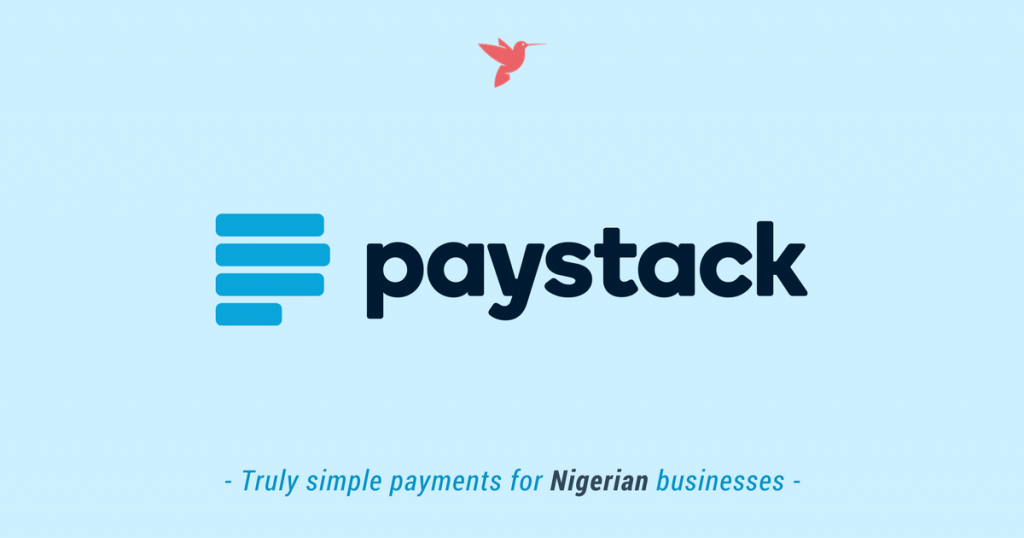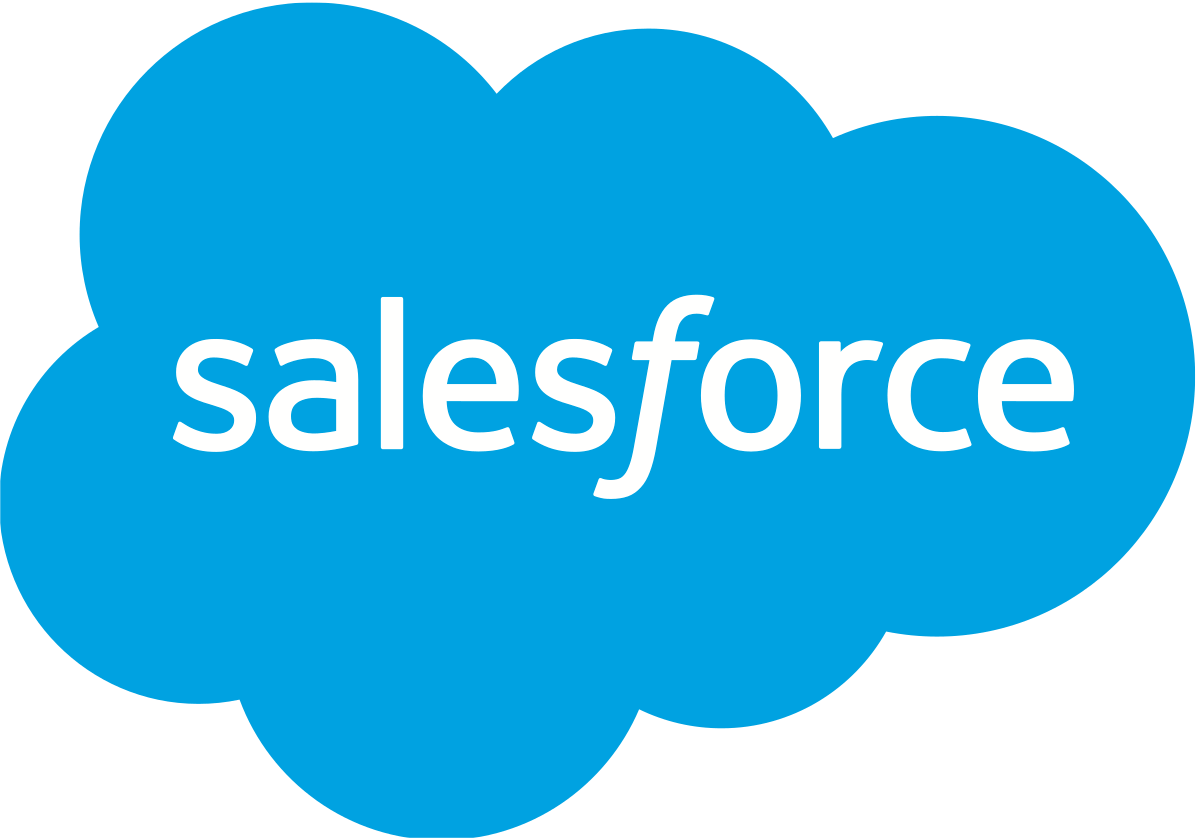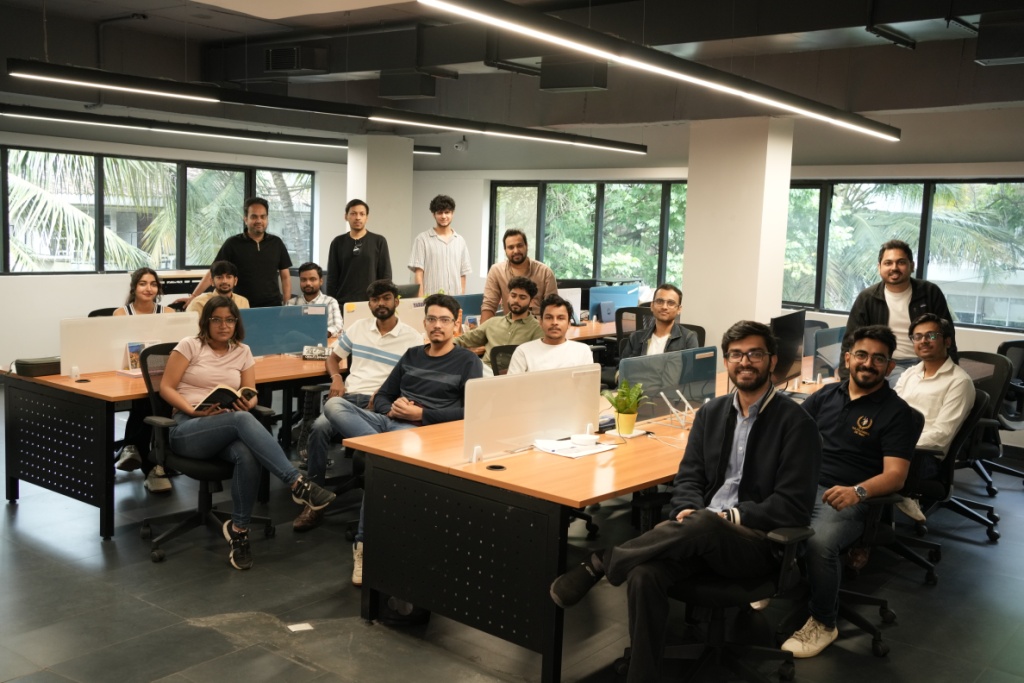Technology
Stripe Acquires Nigeria’s Paystack for $200m

By Adedapo Adesanya
American financial service platform, Stripe, has acquired Paystack, one of Nigeria’s leading payment service providers.
Paystack provides a quick way to integrate payments services into an online or offline transaction by way of an application programming interface.
According to reports, the arrangement will see Paystack continue its operations independently with its large customer base which includes small businesses, larger corporates, fintechs, educational institutions, and online betting companies.
Although not all terms of the deal were made public, people privy with the discussions noted that it is worth over $200 million. This makes it the biggest startup acquisition out of Nigeria.
This will help expand the company’s footprint around the world and also set it up for a possible IPO in the future.
Speaking in an interview with Tech Crunch, Mr Patrick Collison, Stripe’s co-founder and CEO, said it was an enormous opportunity considering the future prospects of online commerce.
“In absolute numbers, Africa may be smaller right now than other regions, but online commerce will grow about 30 per cent every year. And even with wider global declines, online shoppers are growing twice as fast.
“Stripe thinks on a longer time horizon than others because we are an infrastructure company. We are thinking of what the world will look like in 2040-2050,” he said.
On the part of Paystack, the deal will give the company an ability to build out further in Nigeria and expand to other markets, disclosed its CEO, Mr Shola Akinlade, in an interview.
“Paystack was not for sale when Stripe approached us. For us, it’s about the mission. I’m driven by the mission to accelerate payments on the continent, and I am convinced that Stripe will help us get there faster. It is a very natural move,” Mr Akinlade stated.
Stripe has made a number of investments into startups building technology or businesses in areas, including backing investment in universal checkout service, Fast, and backing the Philippines-based payment platform, PayMongo.
Both companies have a history with Stripe leading an $8 million funding round for Paystack, with others participating including Visa and Tencent in 2018.
Mr Collison said that while acquiring Paystack after investing in it was a big move for the company, people also shouldn’t read too much into it in terms of Stripe’s bigger acquisition policy.
“When we invest in startups, we’re not trying to tie them up with complicated strategic investments. We try to understand the broader ecosystem, and keep our eyes pointed outwards and see where we can help.”
This may mean that it has no plans to acquire other regional companies or other operations simply to expand Stripe’s footprint but how well it operates as in the case of Paystack.
“A lot of companies have been, let’s say, heavily influenced by Stripe but with Paystack, clearly they’ve put a lot of original thinking into how to do things better. There are some details of Stripe that we consider mistakes, but we can see that Paystack gets it, it’s clear from the site and from the product sensibilities, and that has nothing to do with them being in Africa or African.”
Business Post gathered that Stripe and Paystack postponed the original announcement in part because of the current situation of demonstrations against police brutality in Nigeria.
Technology
Nigeria Attracts $1bn Infrastructure Investment on Market-Driven Pricing

By Adedapo Adesanya
The Nigerian Communications Commission (NCC) has confirmed that its decision to return to market-driven pricing in the telecoms sector has spurred over $1 billion in infrastructure investment in 2025.
The Executive Vice-Chairman of the NCC, Mr Aminu Maida, made the disclosure in Lagos on Friday, noting that the policy shift, introduced in January and February 2025, allowed mobile network operators to adjust tariffs by up to 50 per cent after nearly a decade of stagnant pricing.
“This act alone has allowed investments to flow in. We will be revealing more specific figures in the coming weeks after verification, but we are talking about over a billion dollars worth of investment in 2025 alone,” he said.
Mr Maida said that the move restored investor confidence in the sector and reversed a trend of under investment that had slowed network growth and service quality improvements.
According to him, the imbalance in the value chain, where tower companies can adjust prices annually for inflation and exchange rates but mobile network operators cannot had discouraged new investment.
“This is an industry that requires continuous investment. The world is moving ahead, and if we do not create the right conditions, we will be left behind,” he said.
The NCC boss said the commission decided to return to the guiding principles of the 2000 Telecom Policy and the 2003 Communications Act, which allowed market forces to determine fair prices while maintaining healthy competition to protect consumers.
He disclosed that some of the new equipment ordered by operators had started arriving in the country since June, with network expansion and upgrade works already underway.
“We are closely tracking the rollout. We hold weekly calls with operators to monitor how many sites are being built, upgrades done and we step in when they encounter challenges with authorities,” Maida said.
He added that the investments would help address capacity challenges, improve service quality, and ensure Nigeria remained competitive in the global telecom landscape.
The NCC boss also highlighted operational cost pressures facing the industry, noting that operators consumed over 40 million litres of diesel monthly to power their base stations, with most of the product imported.
He said the industry’s dependence on foreign exchange (FX) for importing all network hardware and software added to the challenge, as no major telecom equipment was manufactured locally.
“There is nothing you need to build or upgrade a network today in Nigeria that you can buy locally. Everything from the hardware to the software has to be imported and that requires FX,” Mr Maida said.
On protecting telecoms infrastructure, he said the commission was working with the Office of the National Security Adviser to develop a framework for rapid response forces tailored to the unique challenges in each region.
He noted that threats vary by location, with some coastal areas requiring community-based engagement, while high-insecurity zones may need stronger civil defence presence.
According to him, the protection strategy goes beyond force and focuses on addressing structural issues that make telecom sites vulnerable, such as poor security measures, generator theft and community disputes.
Technology
Salesforce Study: CFOs Shift from Caution to Core Strategy, Going All-In on AI

A new global study by Salesforce reveals a fundamental shift in how Chief Financial Officers (CFOs) approach Artificial Intelligence (AI). Once seen as a cautious investment, AI is now a core strategic asset, with financial leaders betting on it for long-term revenue growth, not just cost-cutting.
According to the research, which surveyed 261 global CFOs, the number of financial leaders with a conservative AI strategy has plummeted from 70% in 2020 to just 4% today. This rapid transformation highlights a widespread consensus that AI is no longer an emerging technology, but a crucial engine for enhancing efficiency, optimizing operations, and driving long-term growth.
Redefining ROI and Embracing AI Agents
The study shows that this shift is largely driven by a fundamental rethinking of how CFOs evaluate technology investment returns. Over 61% of CFOs say that AI agents—digital labor capable of performing tasks autonomously—are changing their perspective on ROI. They are moving beyond traditional metrics to encompass a broader range of business outcomes, including revenue generation, productivity gains, and improved decision-making.
“The introduction of digital labor isn’t just a technical upgrade; it represents a decisive and strategic shift for CFOs,” said Robin Washington, President and Chief Operational and Financial Officer at Salesforce. “With AI agents, we’re not merely transforming business models; we’re fundamentally reshaping the entire scope of the CFO function. This demands a new mindset as we expand beyond financial stewards to also become architects of agentic enterprise value.”
The report also found:
- CFOs are dedicating, on average, 25% of their AI budget to AI agents.
- 74% of CFOs believe AI agents will drive revenue, projecting an anticipated increase of nearly 20%.
- Over half (55%) of CFOs believe AI agents will take on more strategic work than routine tasks.
- The top three tasks CFOs are delegating to AI agents are risk assessments (74%), financial forecasting (58%), and expense management (54%).
A New Mindset for a New Era
This new approach requires a mindset shift from valuing short-term savings to recognizing long-term strategic success. The research found that while CFOs faced pressure to accelerate tech investment ROI last year, they now see the value of AI in its ability to deliver long-term business outcomes.
“The ROI of older technology often depends on immediate, measurable results,” said one CFO survey respondent. “While AI’s returns may accrue over the long term through an ongoing process and new business models.”
For African CFOs, this research provides a valuable framework for adoption. According to Linda Saunders, Salesforce Country Manager & Senior Director Solution Engineering for Africa, the report offers a data-driven path to navigate the complexities of AI implementation.
“This research helps African CFOs build a strategic case for AI adoption while addressing concerns around extended ROI timelines,” Saunders said. “It also identifies high-impact areas like risk assessments and financial forecasting, offering a practical starting point with proven success instead of navigating uncharted territory.”
The report also tackles core concerns like security, privacy threats, and the time required to evaluate ROI, encouraging a thoughtful and risk-aware approach to AI implementation.
Technology
Investors Arm Refold AI $6.5m to Eliminate Enterprise ‘Integration Tax’

By Aduragbemi Omiyale
An Artificial Intelligence (AI) startup, Refold AI, has completed a $6.5 million round in seed funding to develop a platform that removes API complexity into repeatable, productized software with AI.
Every year, companies pay about $350 billion to big consultancies and systems integrators to ensure API’s work smoothly, but Refold AI is coming to end this tax on business with an AI-native infrastructure.
In a statement shared with Business Post, it was disclosed that this seed funding was led by Eniac Ventures, Tidal Ventures, with participation from Better Capital, Ahead VC, Karman Ventures, Z21 and other notable angels.
The company will use the new capital to expand its engineering team, deepen product integrations, and support its growing enterprise customer base.
Refold AI currently works with over 30 paying enterprise customers, including Incorta and Naehas, has grown 2X in two months, supporting more than 1,500 active users and processing 30+ million API calls per month, with ARR already in the seven figures.
The startup flips the traditional playbook. Instead of hiring teams or middleware to maintain system connections, companies can deploy Refold’s autonomous agents – small AI programs that learn how systems interact, write and maintain integration code, and adapt automatically as software changes.
The platform is already being used to manage ERP-to-CRM syncs, finance automation, and mission-critical supply chain flows across its early customer base.
Refold’s platform is built on three-layered architecture that supports everyone from engineers to end users. At the foundation are Workflow Code Agents, used by solution engineering teams to generate, test, and maintain integration logic without boilerplate. On top of that sits MCP Chains, a natural language interface where business teams can describe outcomes and have agents generate working workflows automatically.
For SaaS product teams, Refold also includes an Embedded Integrations Platform — a plug-and-play toolkit for offering native integrations, complete with prebuilt UI components. Together, these layers let teams turn edge-case service requests into repeatable software products in days, not months.
While legacy iPaaS tools offer templates and global consultancies bill by the hour, Refold turns every edge-case request into a repeatable, productized agent. The platform’s incentives are flipped: it profits not by extending complexity, but by eliminating it. At its core, Refold combines reasoning and reinforcement learning to enable agents that make decisions.
Refold’s agents have already delivered real results. In production, they’ve automated reconciliation in finance workflows, unified inventory and order systems for supply chains, and built real-time data sync pipelines across ERP and CRM stacks. Previously, these were multi-quarter projects. Refold ships them in days and maintains them without tickets.
With a 20-person team across San Mateo and Bangalore and plans to grow to 30 by year-end, Refold is now focused on deepening its enterprise integration catalog and pushing toward zero-friction deployment.
“We were spending more time managing chaos than building software. We started Refold with a simple idea: integrations are repeatable and cumbersome, it should not need humans,” the chief executive and co-founder of Refold AI, Jugal Anchalia, said.
Also, the CPO and co-founder of Refold AI, Abhishek Kumar, noted, “We’re not building another workflow tool. We’re replacing the consultant economy with agents that learn and scale. In the future, integrations should be free, fast, and invisible.”
One of the investors, Hadley Harris from Eniac Ventures, said, “As we enter the agentic era, enterprise integrations stand out as one of the most compelling and valuable use cases.
“For decades, companies have burned billions on brittle, bloated workflows. Refold has rebuilt the stack from the ground up to make integrations seamless and intelligent, and the market is already catching on.”
Another investors, Nicholas Muy from Tidal Ventures, said, “Finally, someone is fixing the most broken part of enterprise software. For decades, we’ve been patching integrations with expensive consultants and manual work. Refold’s AI agents don’t just patch the problem—they eliminate it. This is a fundamental leap forward.”
-

 Feature/OPED6 years ago
Feature/OPED6 years agoDavos was Different this year
-
Travel/Tourism9 years ago
Lagos Seals Western Lodge Hotel In Ikorodu
-

 Showbiz3 years ago
Showbiz3 years agoEstranged Lover Releases Videos of Empress Njamah Bathing
-

 Banking7 years ago
Banking7 years agoSort Codes of GTBank Branches in Nigeria
-

 Economy2 years ago
Economy2 years agoSubsidy Removal: CNG at N130 Per Litre Cheaper Than Petrol—IPMAN
-

 Banking2 years ago
Banking2 years agoFirst Bank Announces Planned Downtime
-

 Sports2 years ago
Sports2 years agoHighest Paid Nigerian Footballer – How Much Do Nigerian Footballers Earn
-

 Technology5 years ago
Technology5 years agoHow To Link Your MTN, Airtel, Glo, 9mobile Lines to NIN


















2 Comments